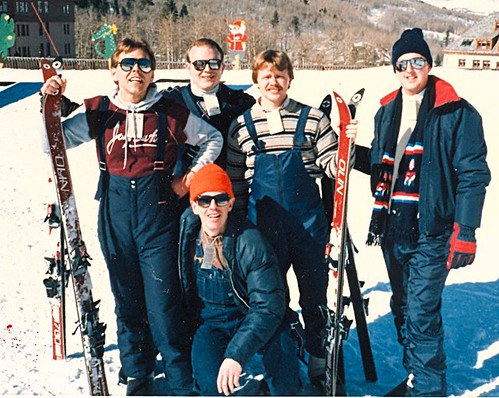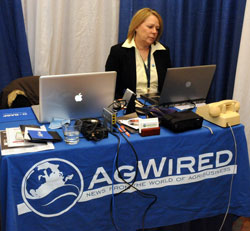Yesterday’s dust up in Jefferson City provided a good look at how local news media (and civilians) would use Twitter to “cover” a breaking news story. I haven’t seen all the tweets posted by @misourinet but during the few minutes I was in the newsroom, our reporters we’re being cautious about what they posted. I think we did retweet some stuff that turned out to be inaccurate but I’m not sure about that. I did get he sense they were trying to be restrained and confirm information.
Some news outlets were posting corrections as fast as updates. And the public was under no constraints at all. Missouri Lt. Governor Peter Kinder had his BlackBerry hotter than Tim Pawlenty’s wife. Unfortunately, much of what he tweeted was wrong.
Old news dogs will decry such Twitter frenzy but I didn’t have any trouble sifting the wheat from the chaff. And this kind of rumor wildfire has always been there, it just wasn’t up where we could watch it. It was one-to-one, not one-to-the-universe.
At one point, I saw a young woman –a reporter, I assumed– with a Marantz recorder and microphone (I had one just like it). The plan was, I suppose, to record an interview or some “nat sound,” go back to the radio station (?), “cut up” the audio, write a story and hope to get it done in time for the next newscast. Or post it to the station website.
I don’t know if that’s enough –or fast enough– any more.
All I had was the iPhone but if I could have gotten an interview, I could have posted audio and/or video immediately. From where I was standing.
Back on Twitter for a minute… people like Tony Messenger and Chad Livengood long ago established their Twitter cred. Following their updates was as close to real-time updates as you’re gonna get in a situation like this (one of the local radio stations did cut into syndication natioal shows with updates a couple of times).
I think our network (@missourinet) picked up 50 or 60 new followers yesterday, on the stength of frequent, accurate posts.
Was there a “better” way to follow yesterday’s events? I’m not sure what it would be. Will we get better at using this tool (both to monitor events and to report them)? I’m sure we will.
 “Your honor, the defense will stipulate that Senator McCaskill’s Facebook page is in no way an act of journalism and might be self-serving and total horse shit.”
“Your honor, the defense will stipulate that Senator McCaskill’s Facebook page is in no way an act of journalism and might be self-serving and total horse shit.”


